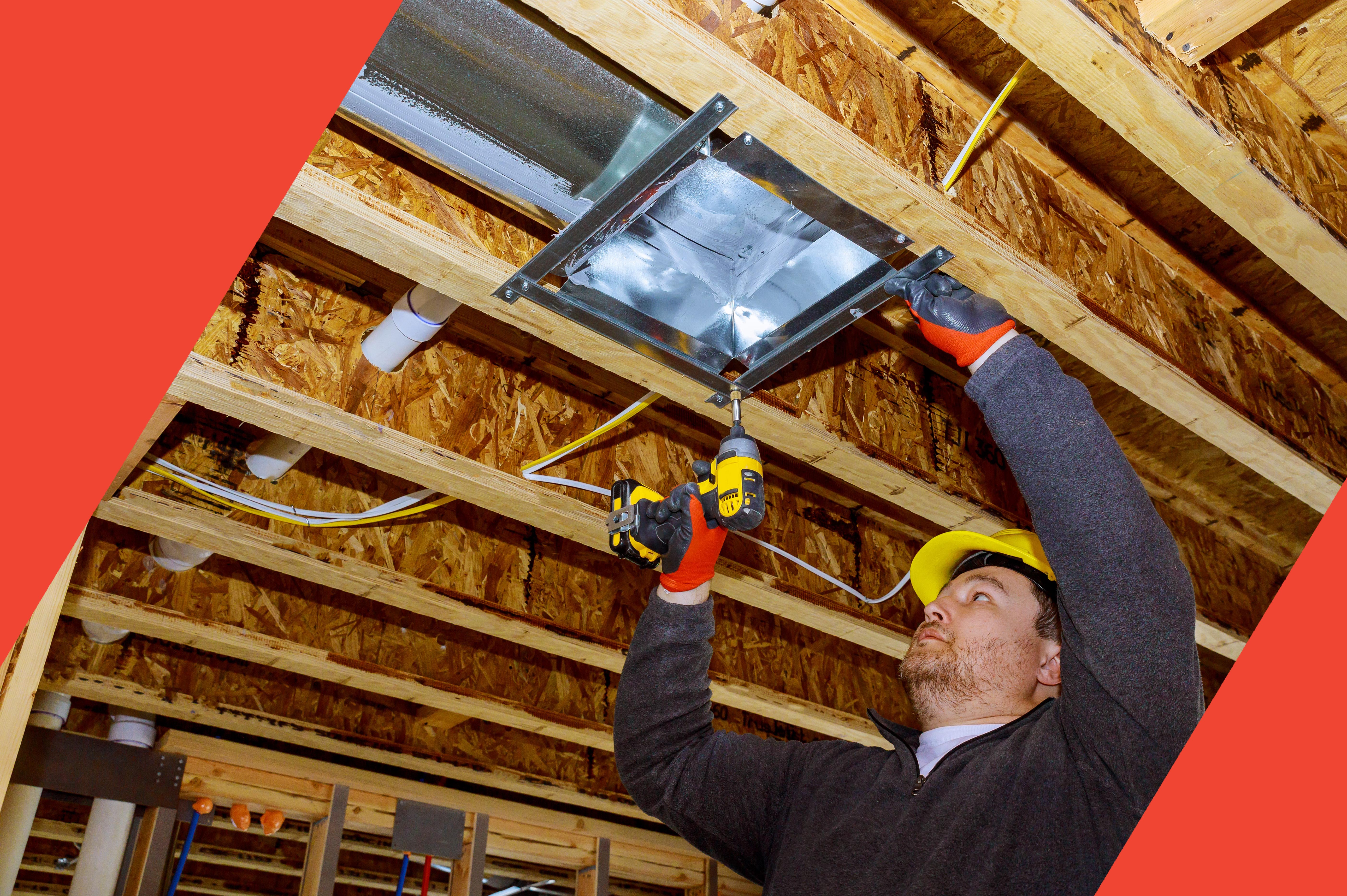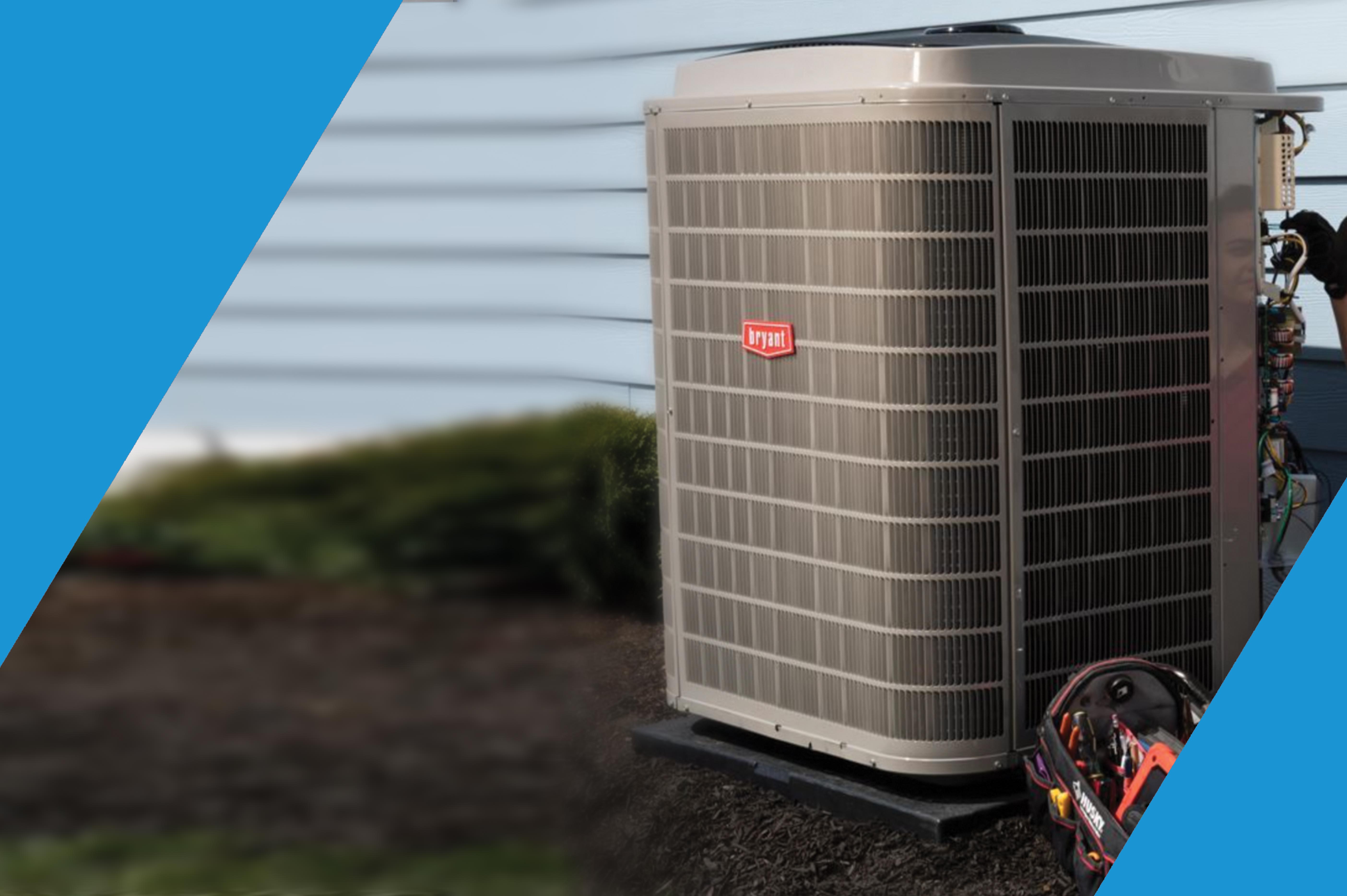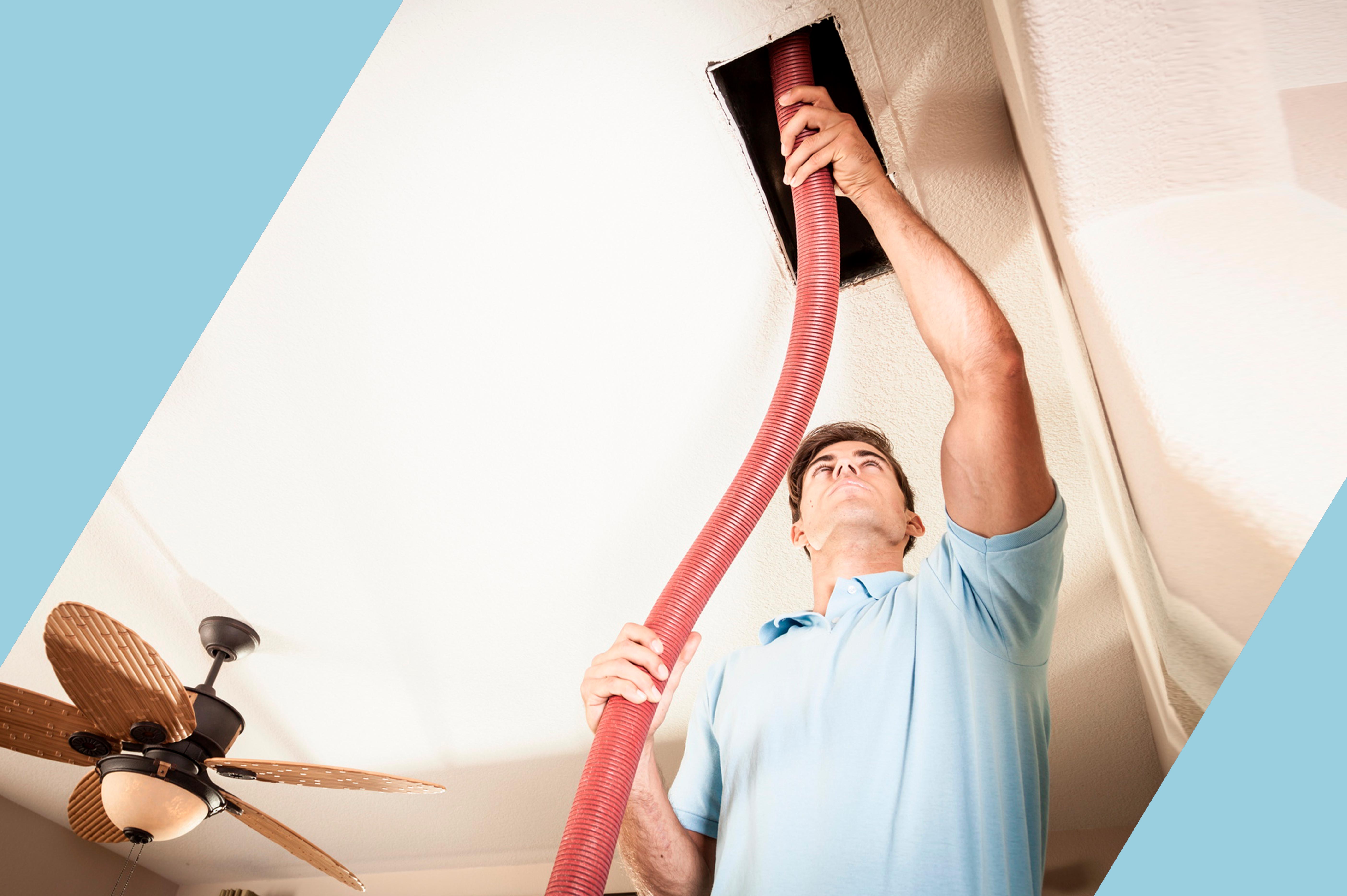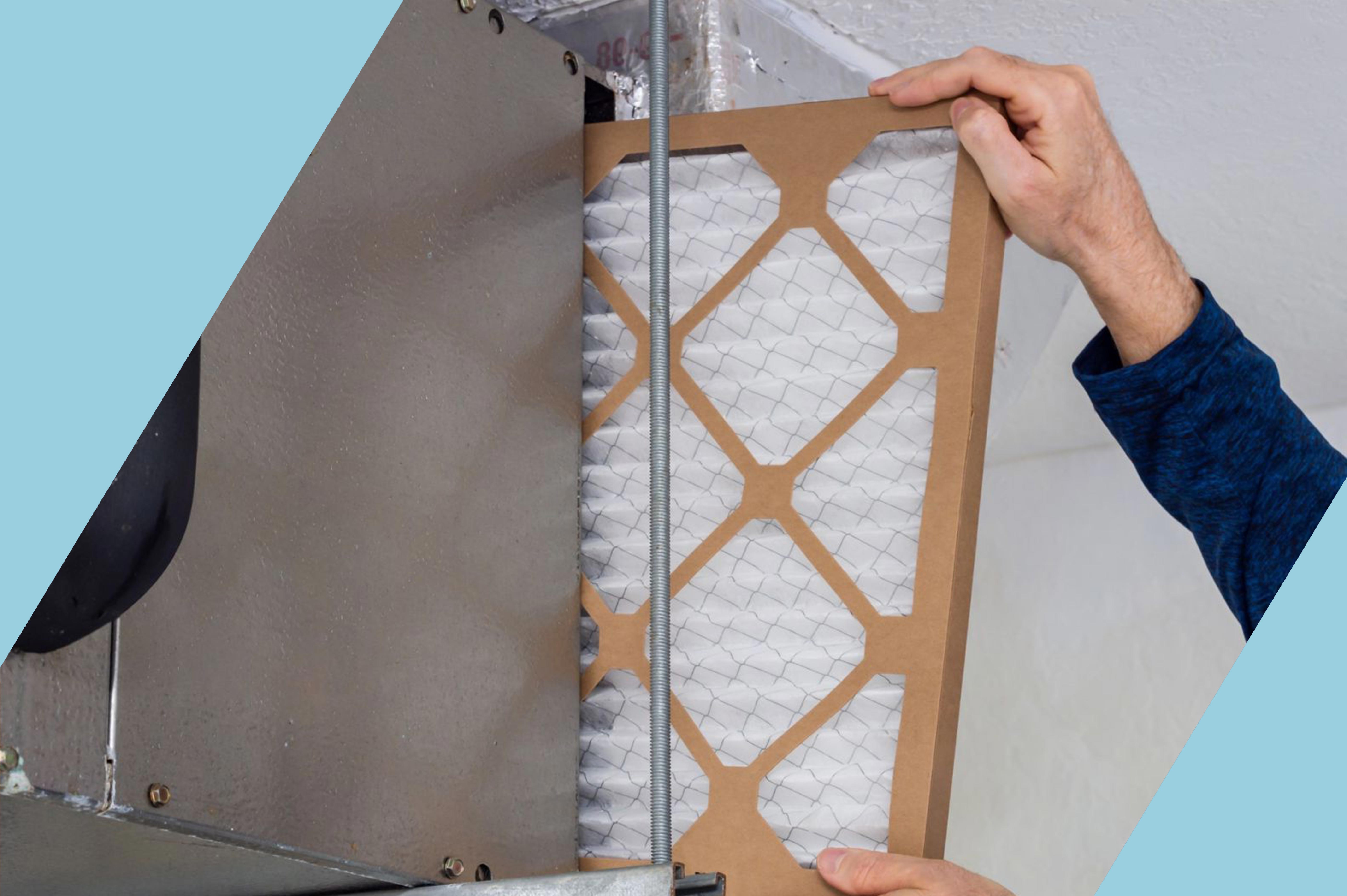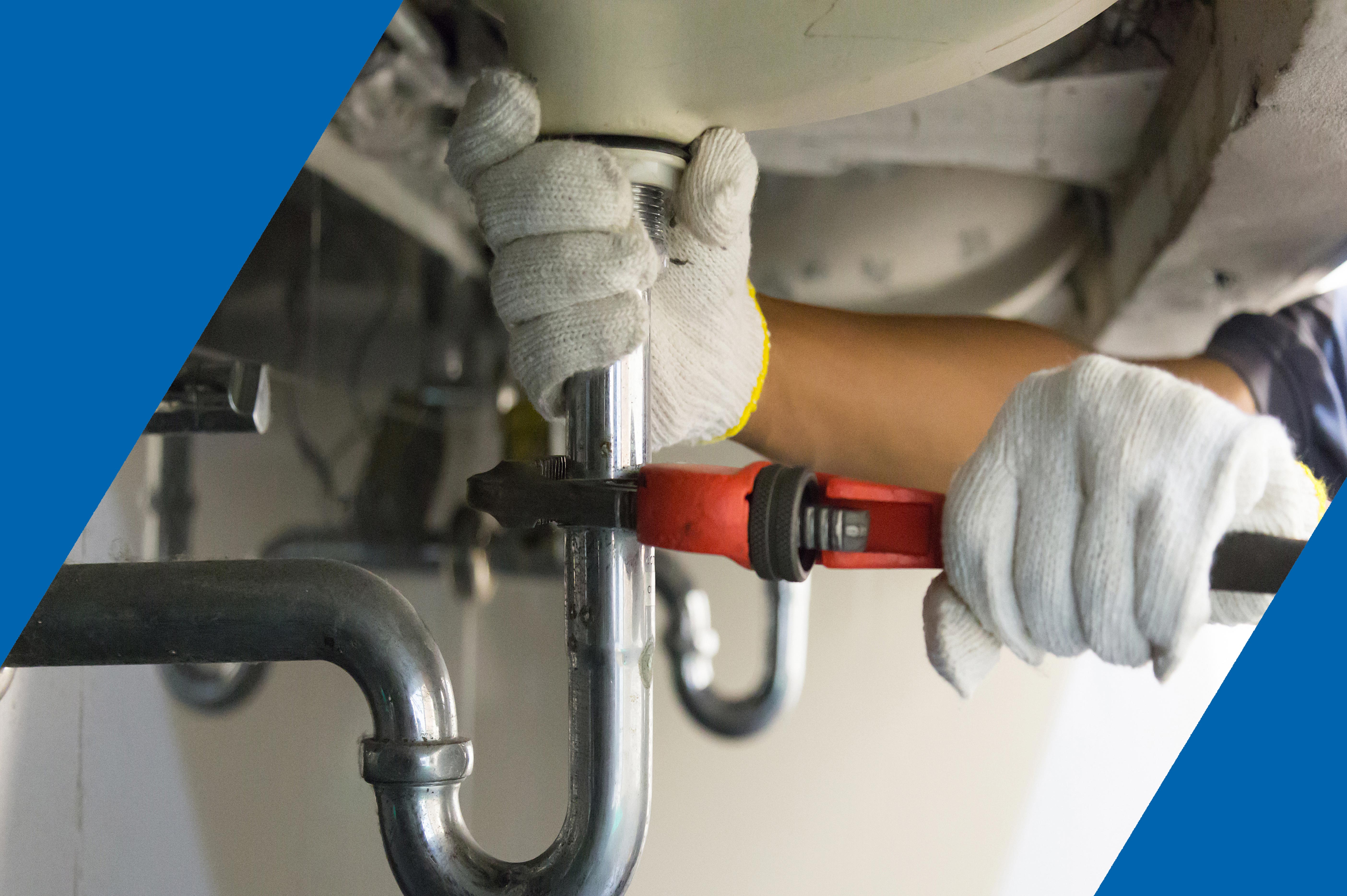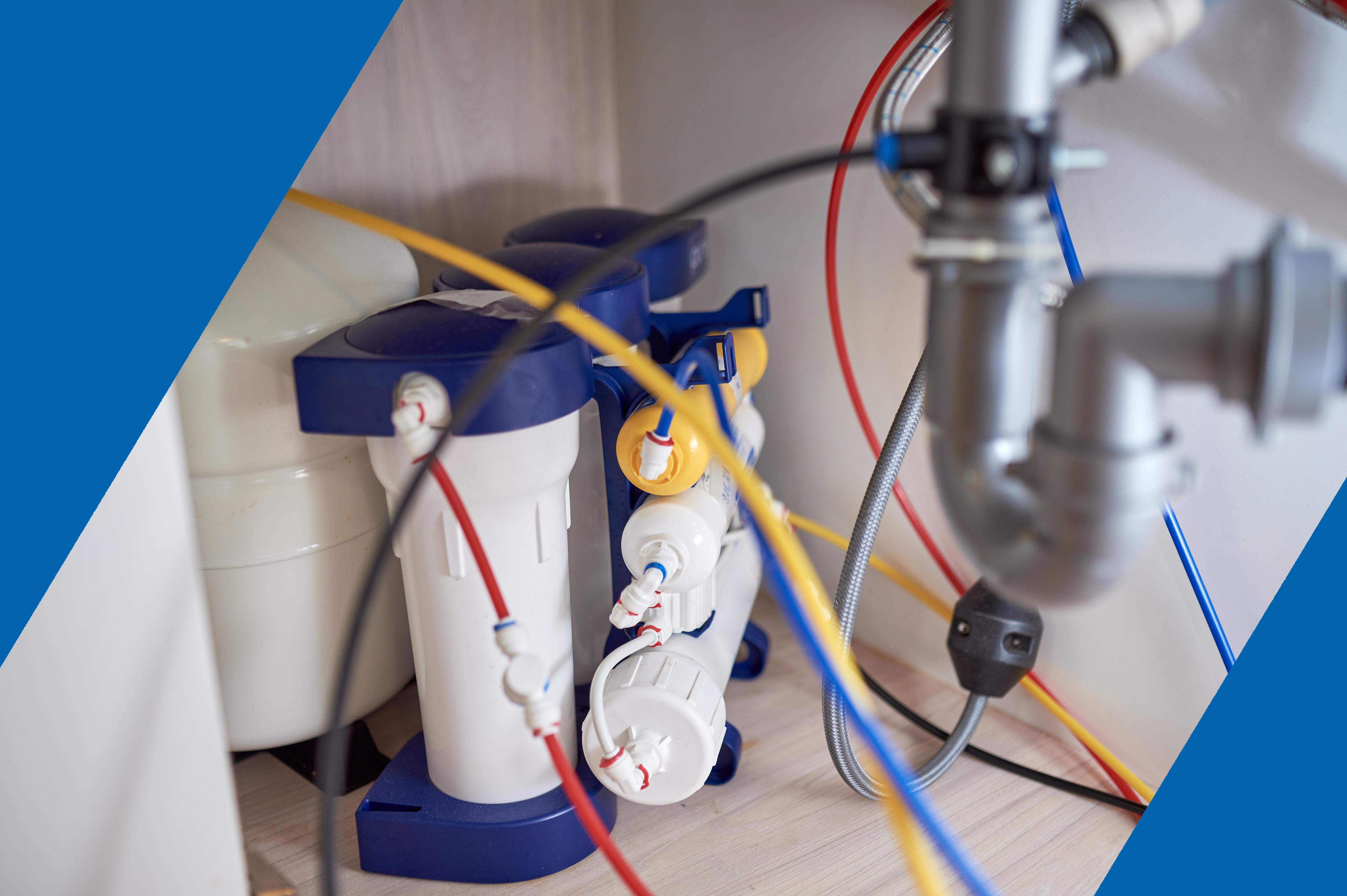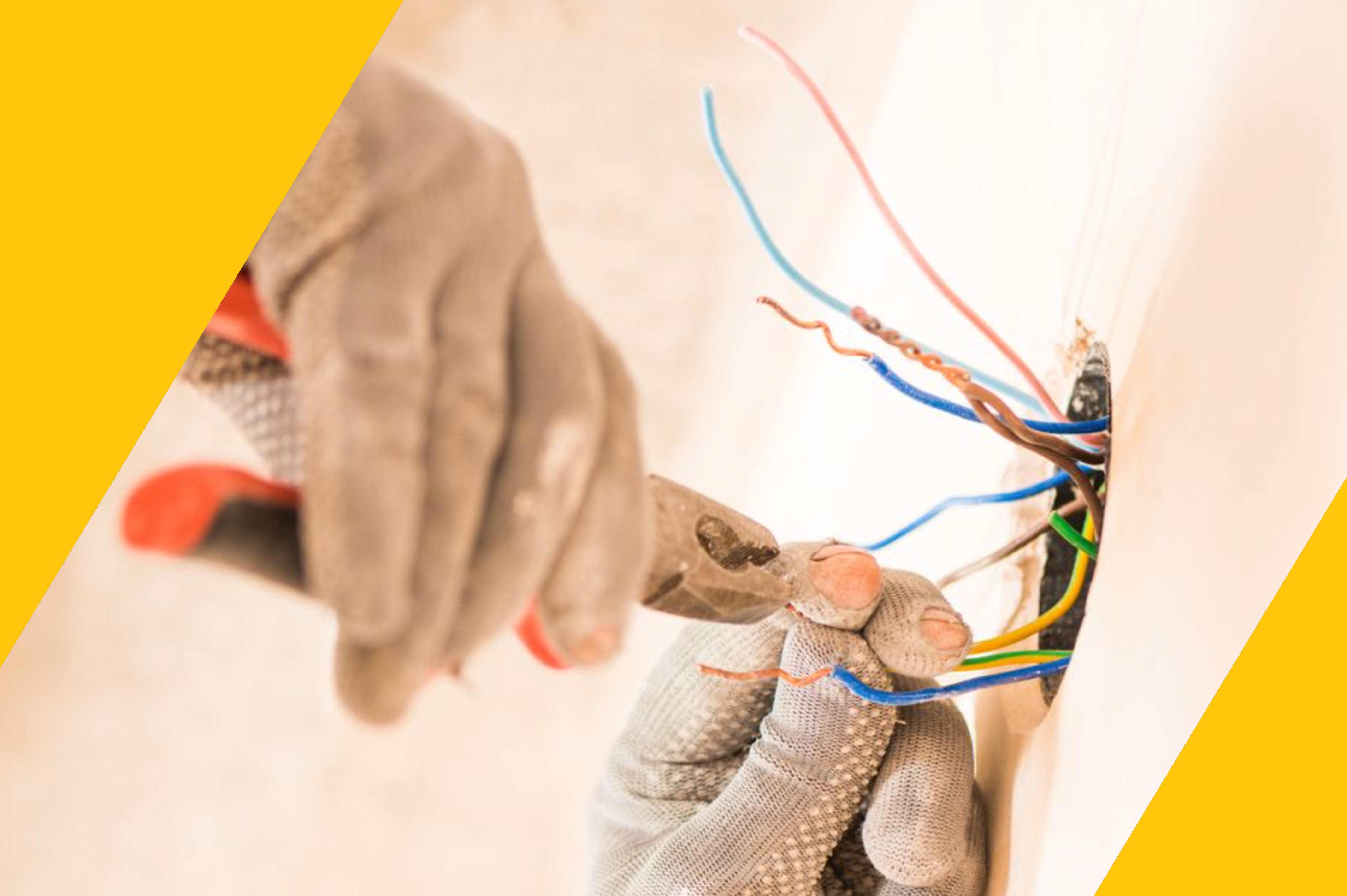
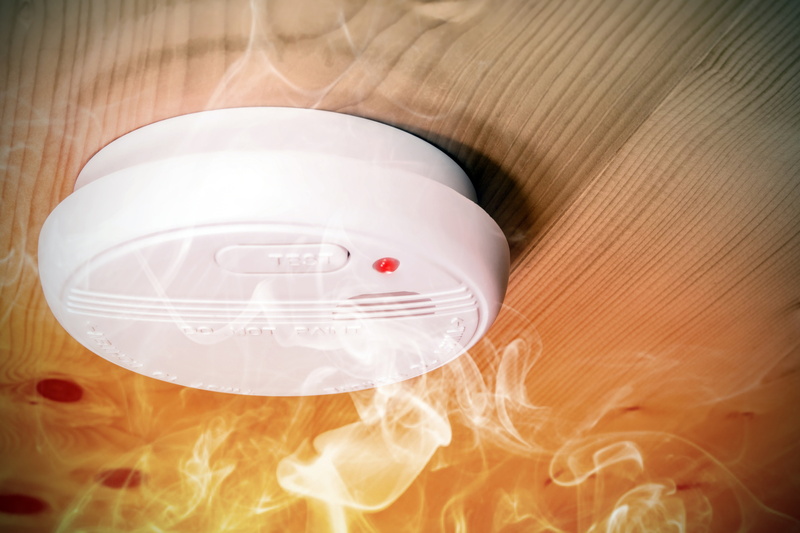
Raise your hand if you've ever felt victimized by a smoke alarm that went off at 3 a.m. simply because its battery had died. We are pretty sure almost everyone has experienced this.
While these incidents can make even the most patient person consider tearing their smoke detector or carbon monoxide detector out of the wall, we have to insist that you don't, for the sake of your safety. These detectors are built to, well, detect problems and keep you safe in the event of a gas leak or a fire.
In fact, the next time your detector wakes you up in the middle of the night, you should make a mental note to check on these vital home safety systems. After all, if one or both are malfunctioning, it could literally turn out to be a life-or-death situation.
Best Practices for Smoke and CO Detector Care
Your smoke and carbon monoxide detectors are vital to keeping your household safe. That is why it is so important to make sure that these systems are working properly. There are a few ways to do this.
- Take time to test your alarm: Hold down the button on your smoke and CO detectors to see if they are working properly. If all is well, even your neighbors will know it because you will hear the tell-tale shrill alarm. If this sound is weak or nonexistent however it means this detector needs new batteries.
- Consider when you last changed your detectors' batteries. Batteries should be replaced every six months. You can always make this easy to remember by changing your smoke and CO detectors batteries when you adjust your clock for Daylight Savings Time.
- Make sure to replace detectors every 10 years. Believe it or not, these safety systems do have a lifespan. If either of your detectors is 10 years old or more, they should be replaced to ensure your safety.
- Look for visual indicators of a problem. Are the batteries corroded? Is the alarm indicator on? Are there bugs or dust in or around the detector that could hinder its ability to do its job? Check for and address these issues as soon as you see them.
Battery-Powered or Hardwired?
While a multitude of smoke and carbon monoxide detectors are battery-powered, there are benefits to hardwiring these safety systems. Hardwiring, or permanently connecting your detectors to your electrical grid, makes sure that they stay powered, making them much more reliable. Some areas of the United States now required smoke and CO detectors to be hardwired, so it may be a good idea to stay ahead of the curve too.
If you need your smoke or CO detectors check you should always reach out to a professional electrician. If you are looking for help replacing an old detector or you want to hardwire your safety systems, you can call the pros at Air Mechanical, Inc.
Whether you have questions, concerns or you want to request Andover electrical services, the trained team at Air Mechanical, Inc. is here for you. Contact us today to learn more.

